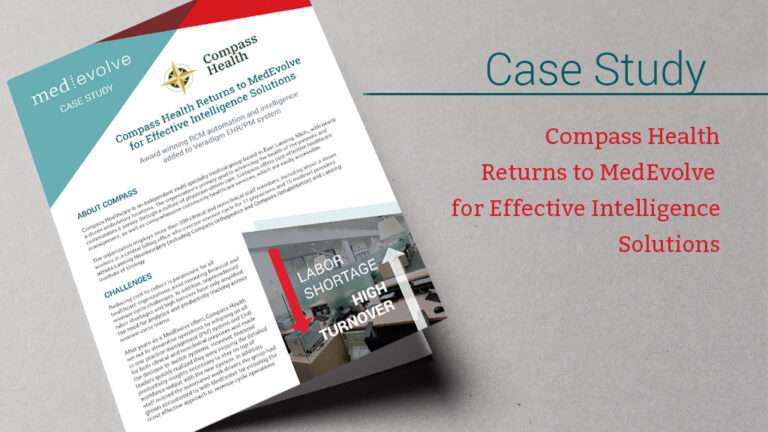Essential for maximizing revenue and ensuring that patients receive the appropriate coverage for their medical expense
Preventing coordination of benefits (COB) denials in the healthcare revenue cycle is essential for maximizing revenue and ensuring that patients receive the appropriate coverage for their medical expenses. COB denials typically occur when multiple insurance plans are involved in covering a patient’s healthcare costs, and there is confusion or lack of clarity about which plan is primary and which is secondary. Here are some steps to prevent COB denials.
Verify Insurance Information Accurately
- Ensure that front-end staff verify the patient’s insurance information accurately during the registration process.
- Collect all insurance cards and identify the primary and secondary insurance plans.
Use Technology and Software
- Implement revenue cycle management software or COB verification tools that can automatically check for duplicate claims and identify the primary payer.
Educate Staff
- Train your front-end and billing staff on the importance of COB and how to identify primary and secondary insurance.
- Provide ongoing training to keep staff updated on changes in insurance policies and regulations.
Standardize Documentation
- Create standardized processes and forms for capturing insurance information.
- Ensure that all staff use consistent documentation methods.
Coordinate with Patients
- Encourage patients to communicate openly about their insurance coverage, including any changes or updates.
- Provide patients with information about how COB works and the importance of reporting multiple insurance coverage accurately.
Electronic Data Exchange
- Utilize electronic data exchange systems to communicate with insurance providers, which can help in identifying primary and secondary payers more efficiently.
Verify Eligibility and Benefits
- Regularly verify patient eligibility and benefits with both primary and secondary insurance providers.
- Make sure that you understand each insurance plan’s rules and requirements.
Utilize Clearinghouses
- Consider using a healthcare claims clearinghouse to submit claims electronically. Clearinghouses can help in validating claims against insurance information, reducing errors.
Appeal COB Denials
- If a COB denial does occur, be prepared to appeal it promptly.
- Provide clear documentation and evidence to support your claim for proper COB determination.
Regularly Review and Update Policies
- Periodically review and update your organization’s COB policies and procedures to adapt to changing insurance regulations.
Monitor and Audit Claims
- Conduct regular audits to monitor the accuracy of COB determinations and claims submissions.
- Identify any trends or recurring issues and address them promptly.
Work with Experts
- Consider working with healthcare revenue cycle consultants or experts who specialize in COB to ensure compliance and accuracy.
By implementing these strategies, healthcare organizations can reduce the risk of COB denials, streamline their revenue cycle management, and ensure that patients receive the appropriate insurance coverage for their medical expenses. Additionally, staying up-to-date with changing healthcare regulations is crucial in preventing COB denials.









